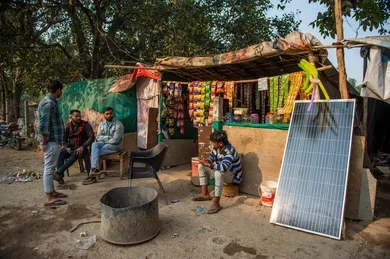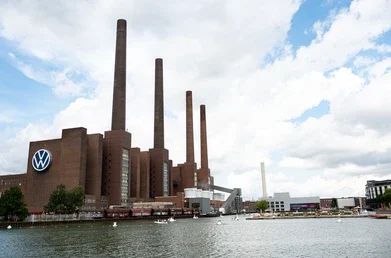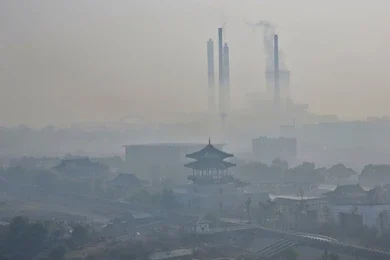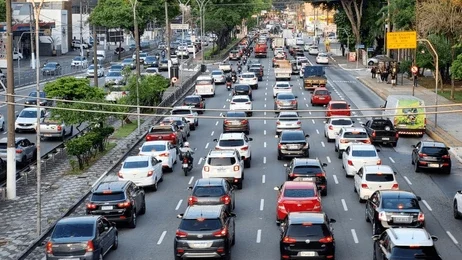
India faces critical infrastructure deficits, especially in rural regions, hindering economic growth and access to essential services. Inadequate roads, limited electricity, and insufficient healthcare facilities exacerbate disparities. This challenge demands innovative solutions to bridge urban-rural divides and enhance quality of life.

Despite their global competitiveness, German manufacturers are among the highest contributors to carbon emissions. The core challenge lies in balancing sustainability with profitability. Embracing renewable energy, transparent supply chains, and process innovation is essential to drive a green industrial revolution and reinforce Germany’s leadership in responsible manufacturing.

Australia faces recurring droughts that threaten water security and ecosystem resilience. Inefficient water management worsens the crisis. A multi-stakeholder approach, combining smart technology, community engagement, and sustainable policy, is key to ensuring responsible and equitable water use.

China struggles with alarming air and water pollution levels, primarily driven by rapid industrial growth. This environmental crisis impacts public health and biodiversity, threatening ecosystems and communities alike. Urgent action is needed to reform industrial practices, implement sustainable technologies, and enforce stricter regulations.

Brazilian cities like São Paulo face rapid urbanization, they struggle with inadequate infrastructure that cannot keep pace with population growth. This surge results in severe traffic congestion, affecting daily life and economic productivity. Additionally, unchecked development contributes to environmental degradation, threatening green spaces and biodiversity. To address these interconnected issues, innovative and sustainable urban planning solutions are urgently needed.



